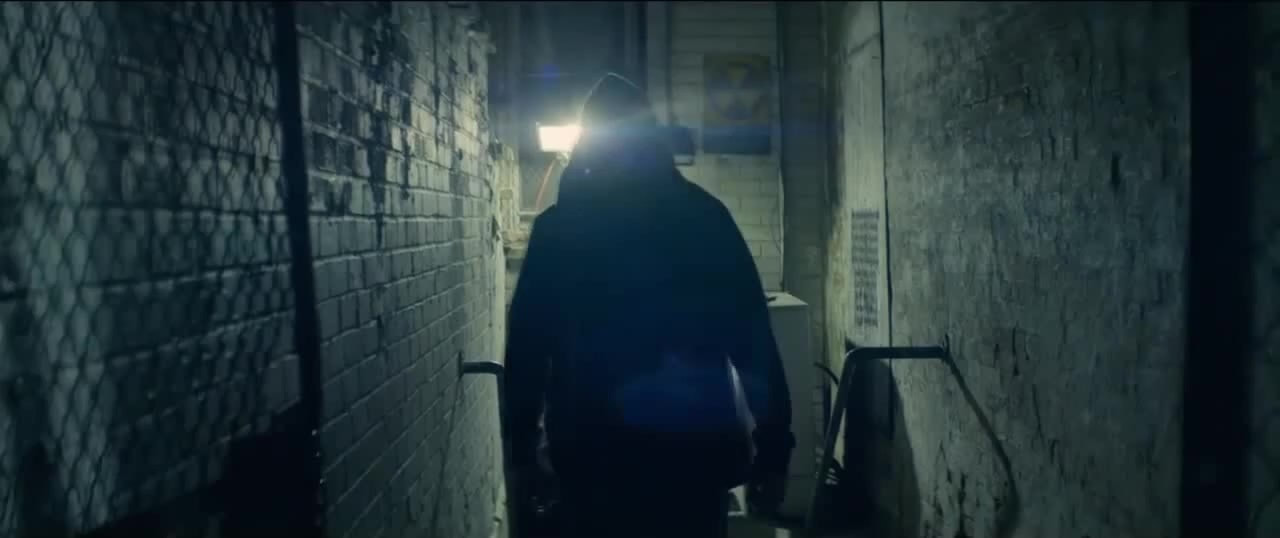|
Utilizing a barebones narrative formalism which exists merely to serve the cultivation of its main characterization, Lynne Ramsay's You Were Never Really Here is a impressionistic character study which shares much more sensibilities with a psychological horror film than any narrative-based crime story. The story of a traumatized military veteran who tracks down missing girls for a living, You Were Never Really Here chronicles his latest job, one that spirals out of control rapidly, as the film uses its narrative trust to slowly and emphatically deconstruct its main protagonist, a character whose deeply scarred from past trauma. The narrative of You Were Never Really Here simply isn't all the compelling by itself, and that seems intentional, as Ramsay's designs sit far more in exploring the warped psyche of this character, a man who lives and works among violence and degradation; a man whose semblance of tranquility or at least non-violence stems from his loving relationship with his elderly mother, a man who struggles desperately to find his own sense of inner peace. A character study first and foremost, You Were Never Really Here should also be considered an effective antiwar film, as it details the heinous and subhuman ways in which the mere experience of military conflict can have on the mental state of those whom experience it. The main protagonist is a character so ravaged psychologically by what he experienced, he struggles to function in the present, routinely a slave to the destructive imagery seared into his psyche. His sense of morality feels fleeting or at least predicated and dictated to him by others, with You Were Never Really Here feeling at times like a battle of wills from within its main protagonist, a character who fights desperate to find a sense of moral purpose in this world. Joaquin Phoenix is per usual brilliant as Joe, the deeply troubled lead-character, crafting a performance that is full of pain and despair, as Ramsay's artistic designs offer up an impressionistic descent into the troubled psyche of this anti-hero, one that is brutal, visceral, and oddly compelling. The sound design, cinematography and staging all congeal well to elevate the impressionistic, tense tone of this piece, yet perhaps the best attribute is its streamlined approach, one which shows little interest in any form of exposition. This film gives no back story into this character, instead forcing the viewer to piece it together over the course of its running time, letting the viewer contemplate not only Joe's past, but also his present situation with an inquisitive mind. Is his current career rooted in an attempt to do good in the world? Does he do it out of self-inflicted anguish due to his past crimes against humanity via war? Is it simply a way to pay the bills and take care of his mother? Answers to these questions are never answered but they are explored through this course of this characterization, with Ramsay's being vague in the details yet concise in its deconstruction of a trouble man who struggles to find any sense of good at all in this world.
0 Comments
Leave a Reply. |
AuthorLove of all things cinema brought me here. Archives
June 2023
|

 RSS Feed
RSS Feed
